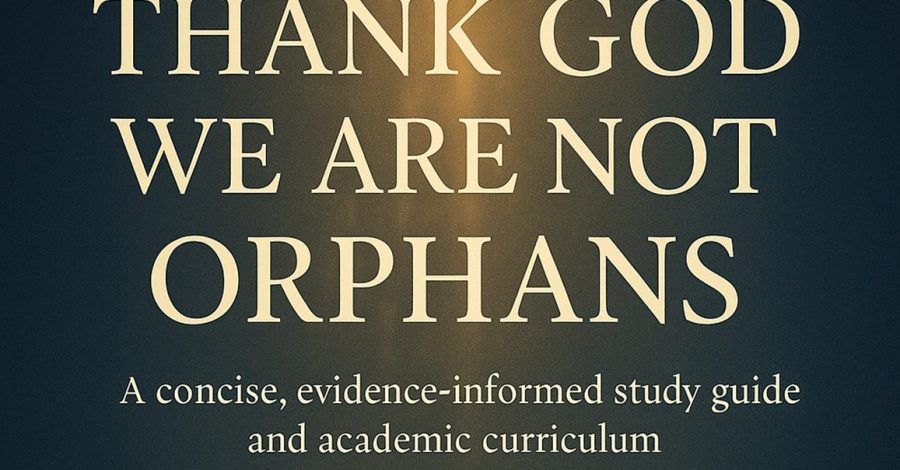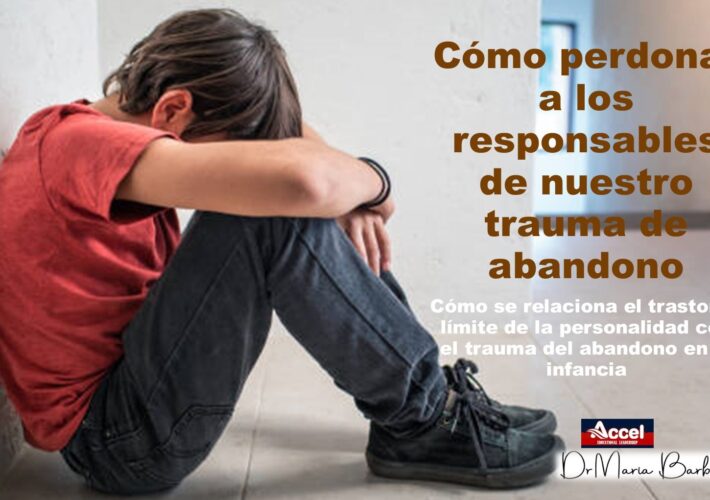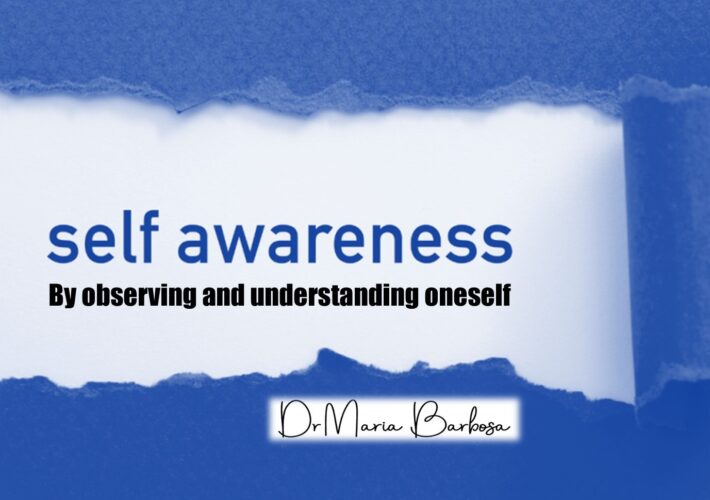Divine Shields: The Interaction between Theology and Psychology
Introduction
We live in a world full of uncertainties and challenges, and Divine Studies: Thank God We Are Not Orphans seeks to illuminate a profound truth: God’s protective presence is a constant force in our lives. Rooted in the conviction that we are neither abandoned nor left to face the complexities of life alone, this book explores the transformative power of surrendering to God and embracing His divine guidance. It is a concise study guide and an academic curriculum-one that honors Scripture while welcoming careful inquiry-so that heart and mind, devotion and discipline, may grow together.
At the center of this work is a simple invitation: live in a way that pleases the Lord-not driven by guilt over past failures, but energized by the mercy that calls us toward holiness. Shame might startle the conscience, but it cannot sustain obedience; mercy can. Therefore, this guide emphasizes not only rejecting sin but also refusing to fixate on failure in ways that amplify its power. Instead, it leads readers into rhythms of confession, gratitude, wise action, and communal belonging that steadily form Christlike character.
“We Are Not Orphans”: Faith with Rigor
The phrase “We Are Not Orphans” resonates deeply because it names our identity in Christ and our belonging to God’s family. While our steps of faith are ultimately acts of trust, some of their fruits are observable and open to study. This book, therefore, shines a light on scientifically grounded realities of our spiritual journey-not to reduce mystery to measurements, but to appreciate how God’s grace often leaves measurable traces in human life.
We proceed with humility: scientific methods and spiritual revelation answer different kinds of questions. Still, when used wisely, research can help us recognize patterns of resilience, attention, and communal health that biblical wisdom has long affirmed.
The Interaction Between Spirituality and Psychology
- Belief, purpose, and resilience. A growing body of psychological research indicates that belief systems-whether explicitly religious or rooted in durable personal purpose-can shape cognition, attention, and coping. People who cultivate a strong sense of meaning and spiritual connection often show greater resilience under stress, lower rumination, and a more hopeful interpretation of adversity. These patterns do not “prove” God in a laboratory; they suggest that aligning life with a trustworthy narrative strengthens the human capacity to endure and to grow.
- Neuroimaging and moments of awe. Advances in brain imaging allow researchers to observe correlates of spiritual practices: focused prayer, contemplative silence, worship, and gratitude. Findings commonly show shifts in networks related to attention, self-referential thought, and salience-patterns consistent with deeper focus, decreased self-preoccupation, and heightened awareness of meaning. Such results cannot capture the presence of God, but they remind us that devotion is embodied: we are fearfully and wonderfully made, and our brains are designed to participate in our spiritual lives.
Sociological Insights into Spiritual Communities
- Belonging and well-being. Sociological studies consistently highlight the benefits of spiritual community: share mutual care, and intergenerational ties correlate with greater life satisfaction, stronger purpose, and improved mental health. Practically, communities provide meals in crisis, mentors for youth, prayer in suffering, and a place to give and receive. Theologically, this is the body of Christ at work; empirically, it is a durable social ecology that helps people flourish.
- Altruism and the common good. Research on altruism shows that regular practices of kindness, service, and generosity-often nurtured by biblical teaching-are linked to higher psychological well-being and stronger social bonds. When people live as those “not orphaned,” they act like a family: burdens are shared, gifts are offered, and neighborhoods become more compassionate. These outcomes are not the goal of faith but the fruit of love.
Beyond the Material: Quantum Parallels and Spiritual Reflection
Venturing into the language of modern physics can be tempting, and caution is warranted: quantum theory does not validate theology, and spiritual claims do not rest on laboratory effects. Yet certain resonances can serve as thoughtful metaphors:
- Entanglement and interconnectedness. Quantum entanglement describes particles whose states are linked across distance. The analogy-used carefully-echoes the biblical picture of a world upheld by God and a people knit together in Christ. It is not scientific proof of spiritual unity, but it can stir wonder at creation’s coherence and the church’s communion.
- Observer effect and spiritual attention. In quantum contexts, measurement influences a system’s behavior. Spiritually, Scripture invites a parallel reflection: attention transforms. What we behold, we become; where we fix our gaze, our habits follow. Again, the domains are different, yet the analogy underscores a shared insight: mindful, worshipful attention shapes life.
How to Use This Study Guide
Because identity is formed by practice, this guide pairs teaching with action:
- Surrender Fear. Each chapter begins by naming specific anxieties and entrusting them to God in prayer. Naming turns vague dread into intercession; it also allows you to notice concrete answers over time.
- Embrace Guidance. Engage Scripture not as proof-texts but as living words. You’ll find prompts to listen, obey, and try small, testable steps-speaking truth in love.
- Walk in Mercy. End with mercy applied to the week you just lived. Where you failed, receive forgiveness; where you grew, offer thanks; where you’re unsure, ask for wisdom. Over time, this rhythm builds both spiritual steadfastness and what psychologists would call trait-level resilience.
Integrity Without Reduction
Throughout, we resist two opposite errors. On one side lies reductionism-the claim that if an experience has neural correlates, it is “nothing but” brain activity. On the other lies anti-intellectualism-the suspicion that research threatens faith. Instead, we propose integrity: let Scripture lead, let science illuminate, and let humility govern. Research becomes a lantern for the path, never the sun; theology remains the compass, not a relic.
Conclusion: Held, Guided, and Sent
By unveiling scientifically informed insights interwoven with the confession “We Are Not Orphans,” this exploration bridges devotion and practice. It acknowledges the limits and strengths of both faith and science while showing their fruitful conversation. Psychologically, we see patterns of resilience and hope; sociologically, the strength of belonging; in physics, metaphors that awaken wonder. Theologically, we see the Father’s mercy calling us to holiness-not as punishment but as participation in His life.
You are not abandoned. You are adopted-held by a protective love, guided by divine wisdom, and sent into the world as a bearer of hope. As you work through these pages, may the Spirit steady your heart, sharpen your attention, and root you in a community that embodies the truth of this title: Thank God, we are not orphans. You can purchase the book @Amazon
Dr. Barbosa provides services to client in English, Portuguese and Spanish. for an appointment -https://drmariabarbosa.com/palm-coast-holistic-therapy
Discover more from Dr Maria Barbosa
Subscribe to get the latest posts sent to your email.





